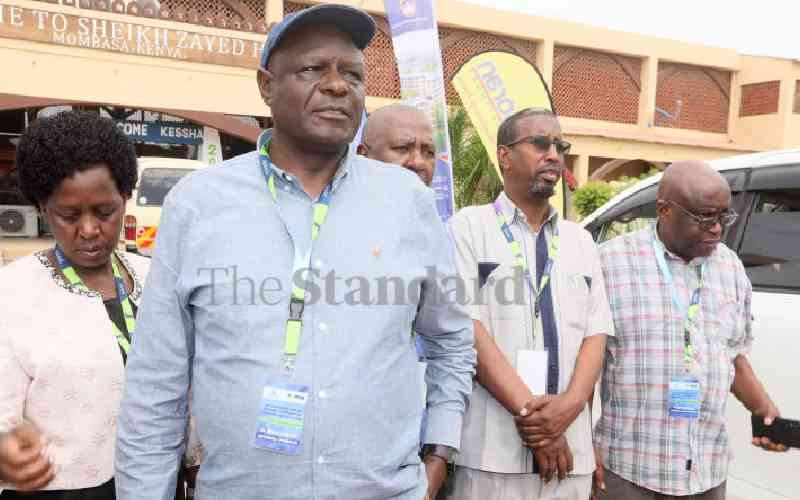×
The Standard e-Paper
Fearless, Trusted News

Head teachers' associations now want the government to effect increase of funds to schools as proposed by the Presidential Working Party on Education Reforms.
The secondary and primary school managers want this done starting January when schools reopen.